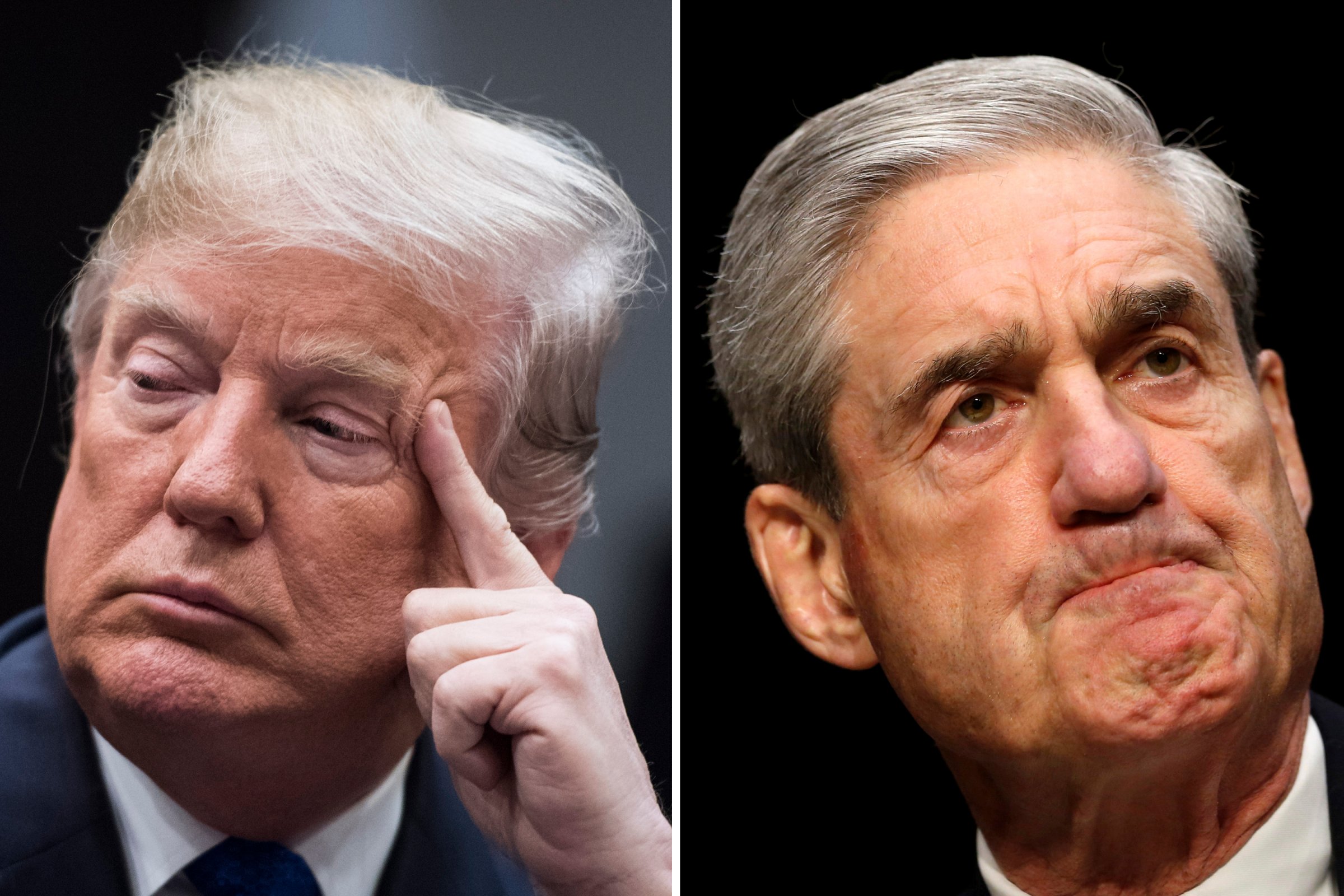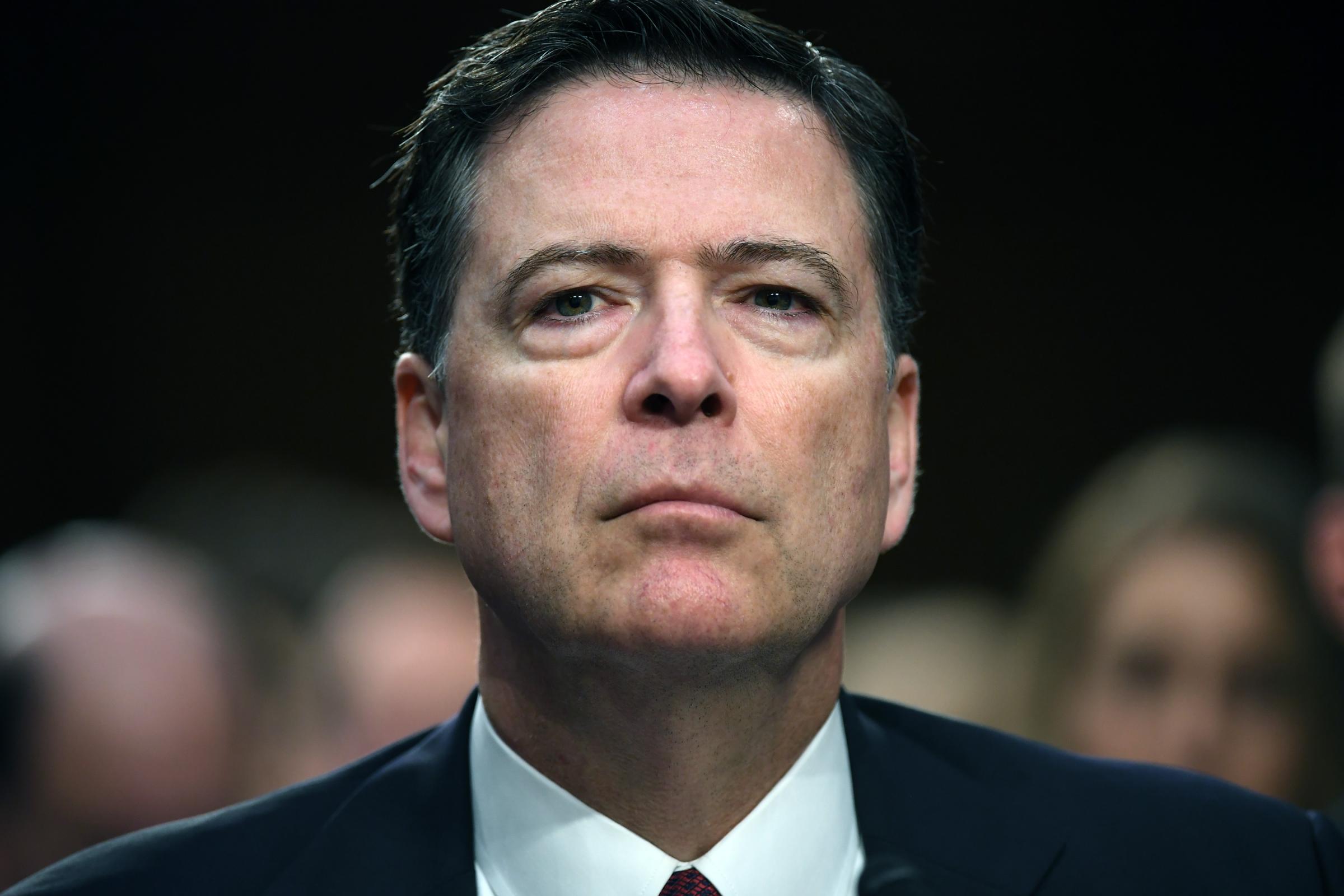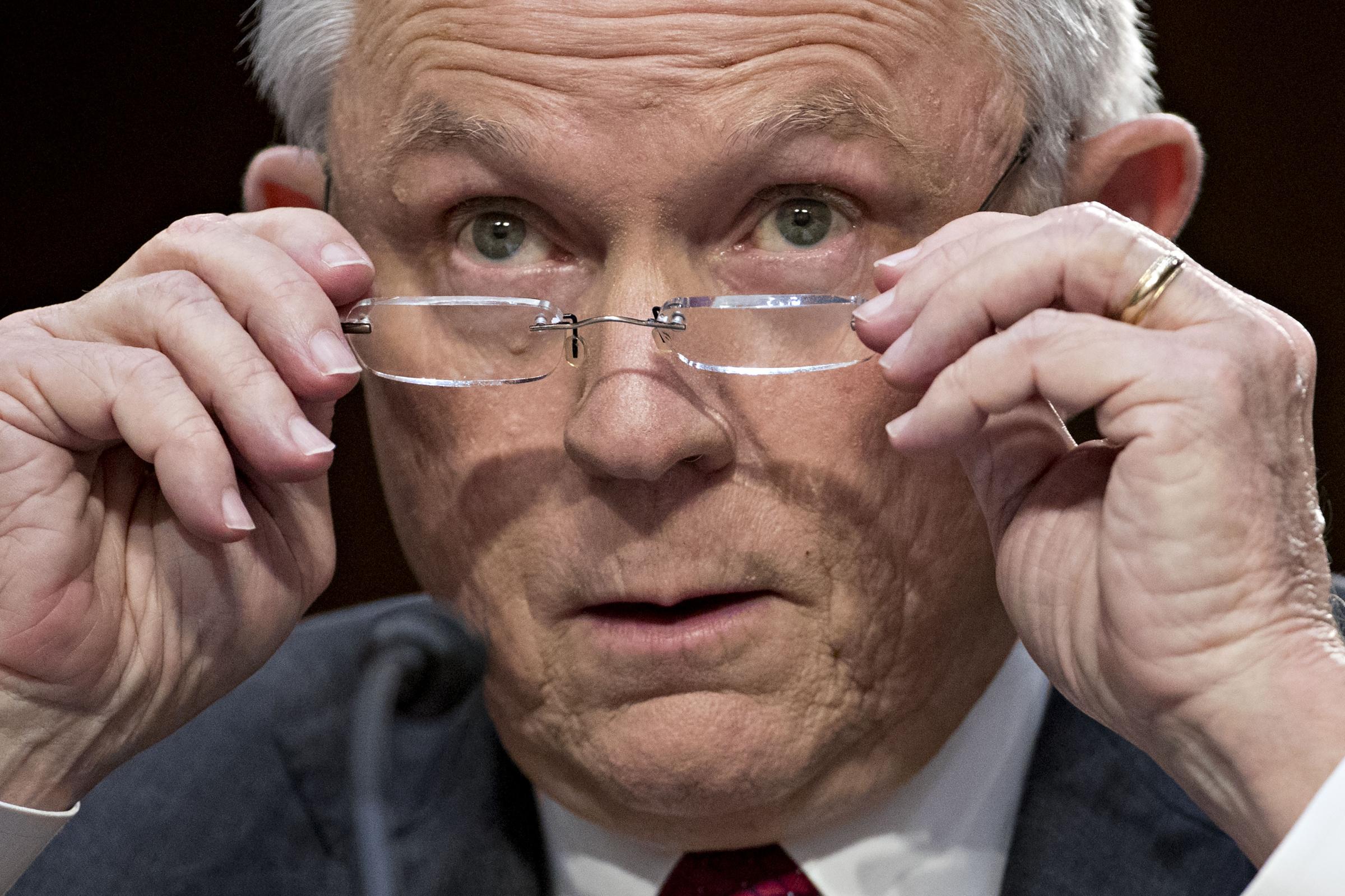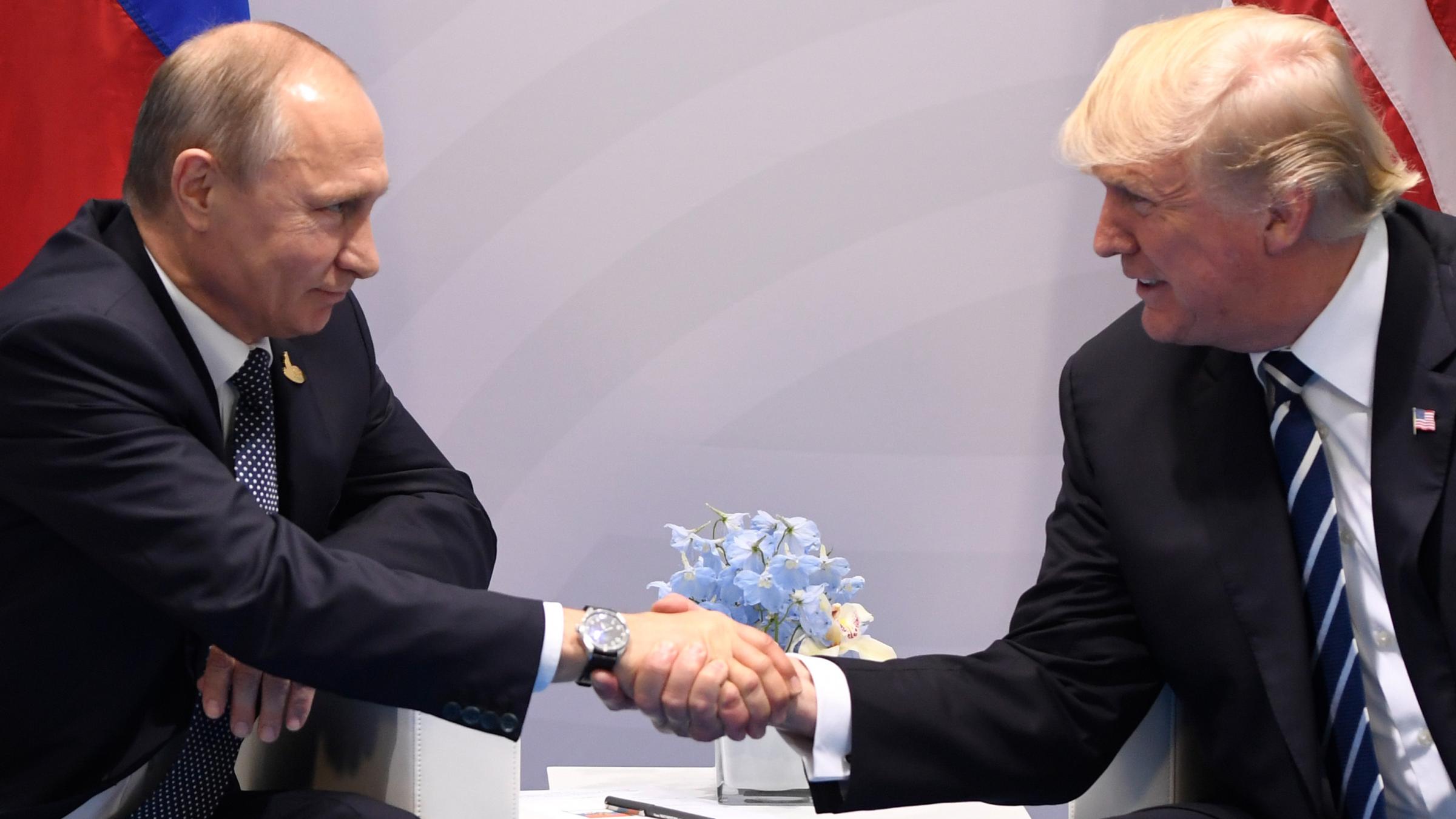
A list obtained by the New York Times reveals the more than four dozen questions that special counsel Robert Mueller plans to ask President Donald Trump as part of an investigation into Russian election interference, and whether the president obstructed justice.
Two key figures from the early days of the administration, former FBI director James Comey and ex-national security adviser Michael Flynn, make up the bulk of the exhaustive set of inquiries, which offer rare insight into the year-long probe.
A smaller set of questions revolve directly around Russia, including Trump’s discussions with his campaign staffers, and the now-infamous Trump Tower meeting during which a Russian lawyer allegedly offered dirt on Hillary Clinton to Donald Trump Jr.
Trump has repeatedly denied that he or his campaign team colluded with Russia, and dubbed the probe a “witch hunt.” Some speculated that Trump might try to fire Mueller, after a confidante suggested he had considered doing so. While the White House has urged a swift resolution of the investigation, the special counsel and Trump’s team appear locked in a standoff over a possible presidential interview, with the questions reportedly provided as part of those negotiations.
Here is a broad outline of the queries the president could face should he agree to sit down with the special counsel, according to the Times.
Did the president try to shield Michael Flynn?
What does the president know about calls his former national security adviser made to Russian Ambassador Sergey Kislyak in December 2016? Did Trump know those calls may have violated a law prohibiting private citizens from interfering in U.S. foreign policy? Why were Trump’s lawyers talking about a possible pardon, Mueller wants to know.
Flynn was ousted from the administration in February 2017, and ultimately pleaded guilty to lying to the FBI about his contact with Kislyak during the presidential transition. But what exactly the president knew about this episode remains unclear.
Who made the decision to fire James Comey, and why?

The Comey questions revolve around whether President Trump fired the former FBI director in order to protect Flynn from prosecution. Trump has offered conflicting explanations for axing Comey, initially pinning the decision on his alleged mishandling of the investigation into Hillary Clinton’s use of a private email server. Later on, he suggested that dismissing Comey relieved some of the pressure he faced over Russia.
“I just fired the head of the F.B.I. He was crazy, a real nut job,” Trump told Russian officials in the Oval Office the day after pushing Comey out, the Times reports. “I faced great pressure because of Russia. That’s taken off.”
What happened when Attorney General Jeff Sessions’ recused himself?

The line of inquiry around Sessions focuses on what happened when Sessions recused himself from the Russia investigation in March 2017. Trump reportedly attempted to stop the recusal, according to the Times, and Mueller’s questions aim to determine whether the president viewed the Attorney General and other law enforcement officials as a form of protection. Trump has previously praised attorneys general who were seen as “loyal” to their presidents.
“Did you discuss whether Mr. Sessions would protect you, and reference past attorneys general?” Mueller reportedly plans to ask. He would also like to know whether Trump had plans to fire the special counsel himself, whose appointment the president reportedly blames on Sessions’ recusal.
What did Trump know about Russia, and when did he know it?

“During the campaign, what did you know about Russian hacking, use of social media or other acts aimed at the campaign?” the special counsel will ask.
Among other topics, the wide-ranging Russia questions will reportedly touch on the 2016 Trump Tower meeting, possible attempts at arranging a rendezvous with Russian president Vladimir Putin, a failed bid to erect a Trump property in Moscow, Wikileaks, campaign manager Paul Manafort’s outreach to Russia and Jared Kushner’s alleged attempts to set up a backchannel line of communication using secure phones inside the Russian embassy.
Trump has repeatedly denied any campaign collaboration with Russia, but Mueller’s probe has so far resulted in criminal charges against 19 people and three Russian companies, as well as indictments of two former campaign aides and the guilty plea of a third former adviser.
More Must-Reads from TIME
- Donald Trump Is TIME's 2024 Person of the Year
- Why We Chose Trump as Person of the Year
- Is Intermittent Fasting Good or Bad for You?
- The 100 Must-Read Books of 2024
- The 20 Best Christmas TV Episodes
- Column: If Optimism Feels Ridiculous Now, Try Hope
- The Future of Climate Action Is Trade Policy
- Merle Bombardieri Is Helping People Make the Baby Decision
Write to Laignee Barron at Laignee.Barron@time.com